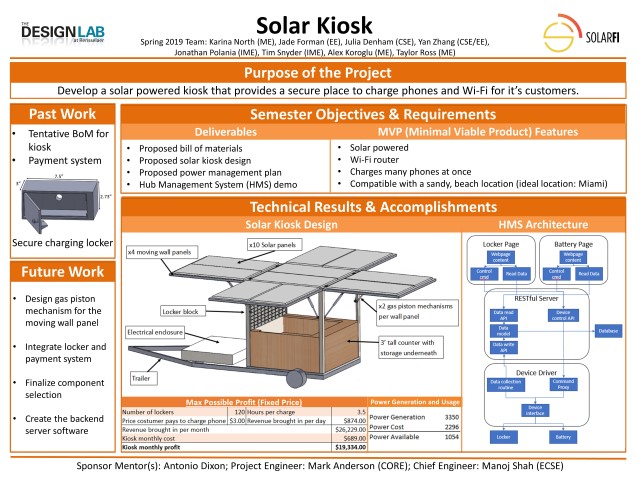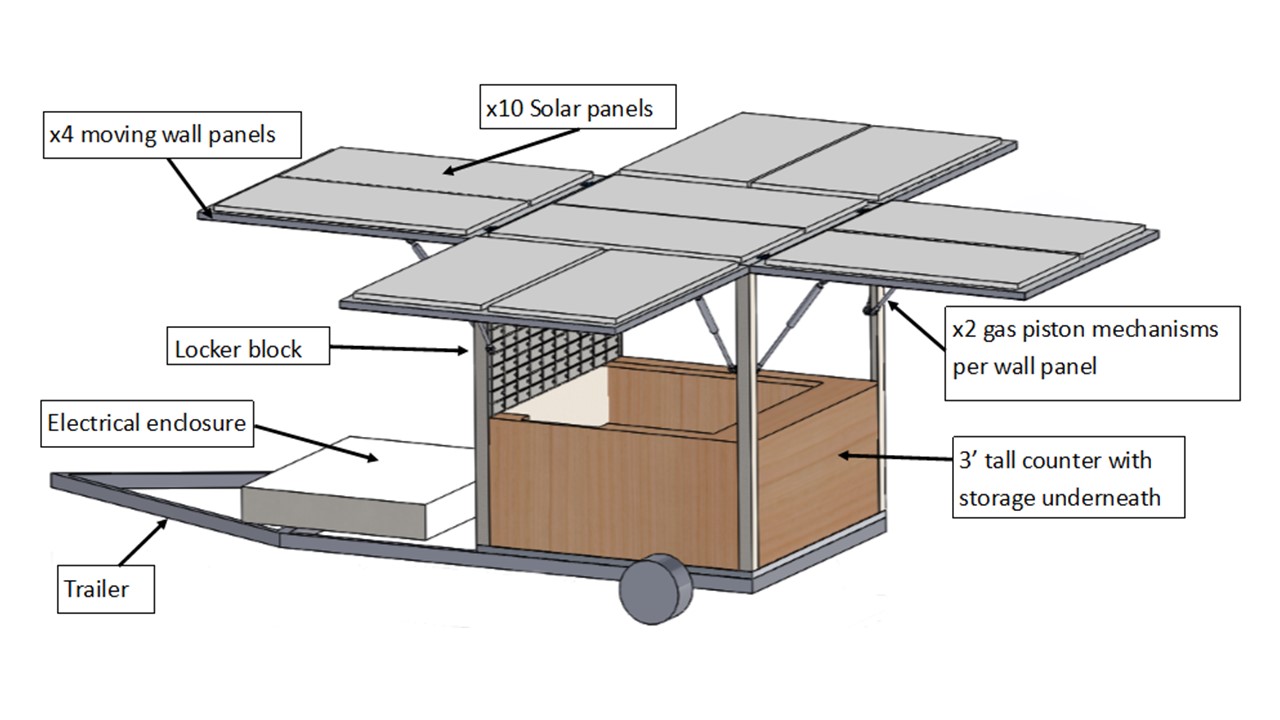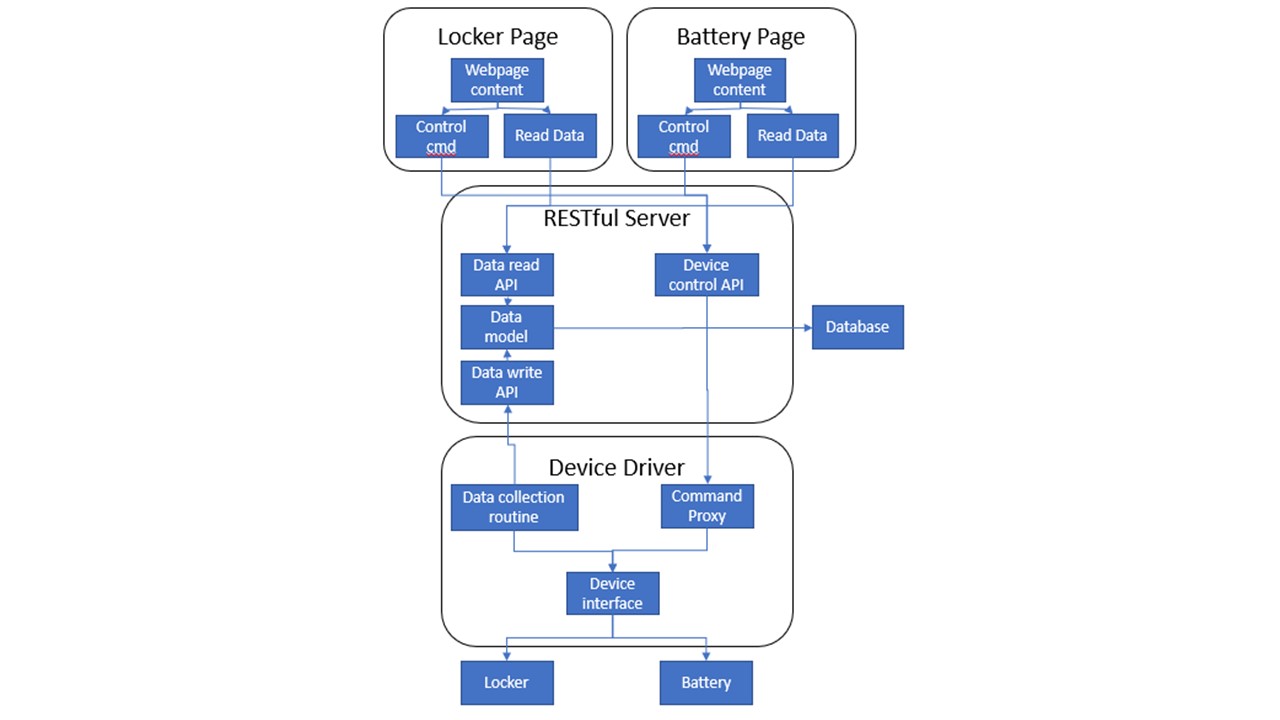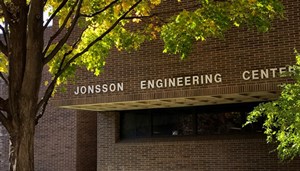
Benefits
Provide cell phone charging and Wi-Fi capability at locations where these are traditionallly not available such as at beaches and other vacation spots in the US and at various locations throughought Africa.
Purpose
Develop a solar powered kiosk that provides a secure place to charge phones and to provide Wi-Fi services for it’s customers.
Objectives
The project's goal was to define the appropriate features for a MVP (Minimal Viable Product). This would include defining the number of phones that can be charged and the amount of additional power available to support other features such as a television, microwave or refrigerator.
As part of defining the MVP, to define a reasonable business scenario in terms of pricing, charging locker utilizatio, operation profile and potential US beach locations.
Accomplishments
The team developed a proposed a self contained solar kiosk design to be trailer mounted for mobility. The kiosk was designed for a beach location with consideration made for wind loading, weather and sand resistance. The mechanical analysis determined the kiosk's overall structure as well as the internal placement of phone charging lockers and other accessories. The design requirements for the trailer were identified and documented. A solar power system was defined, including a roof mounted array of solar panels, a charge controller, battery system and an inverter.

The team defined a business model for the kiosk including operating cost estimates, fabriation cost estimates based on the bill of materials, and a minimum number of lockers along with a usage profile. this defined the break even point for the kiosk. The team then determined the maximum number of lockers that could reasonably fit within the kiosk and determined the possible profit margin, yielding a very attractive ROI potential of less than six months.

To provide for remote monitoring and management of the solar power system as well as the phone charging locker and payment systems, a Hub Management System (HMS) was designed and prototyped. The HMS would allow integration of the mutiple subsystems and allow for remote access. Franchise owners would then be able to manage solar kiosks at multiple locations.
